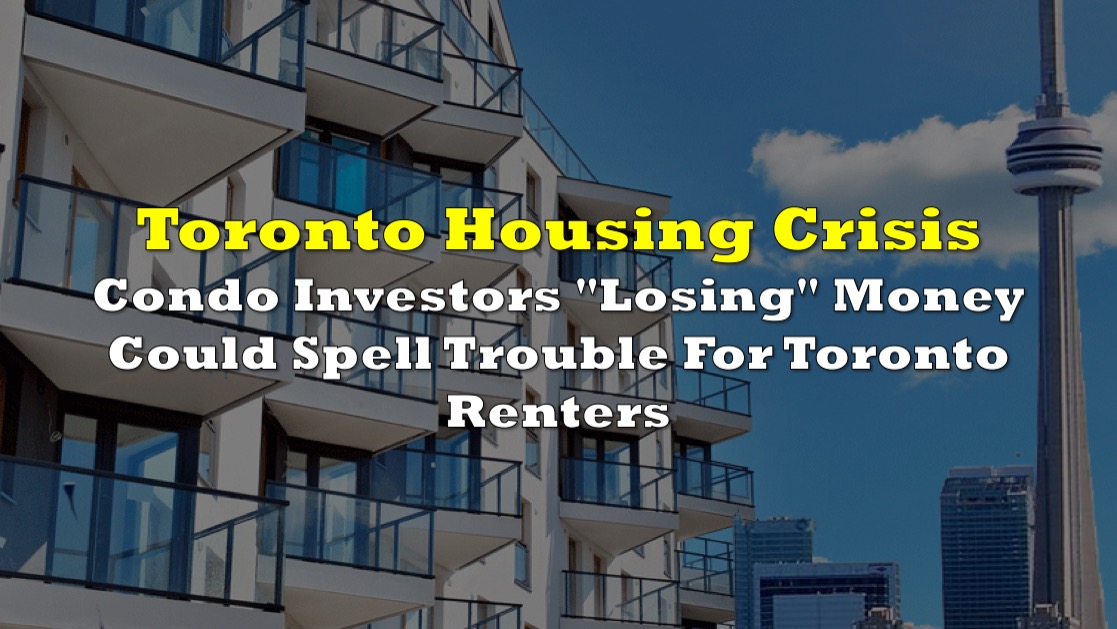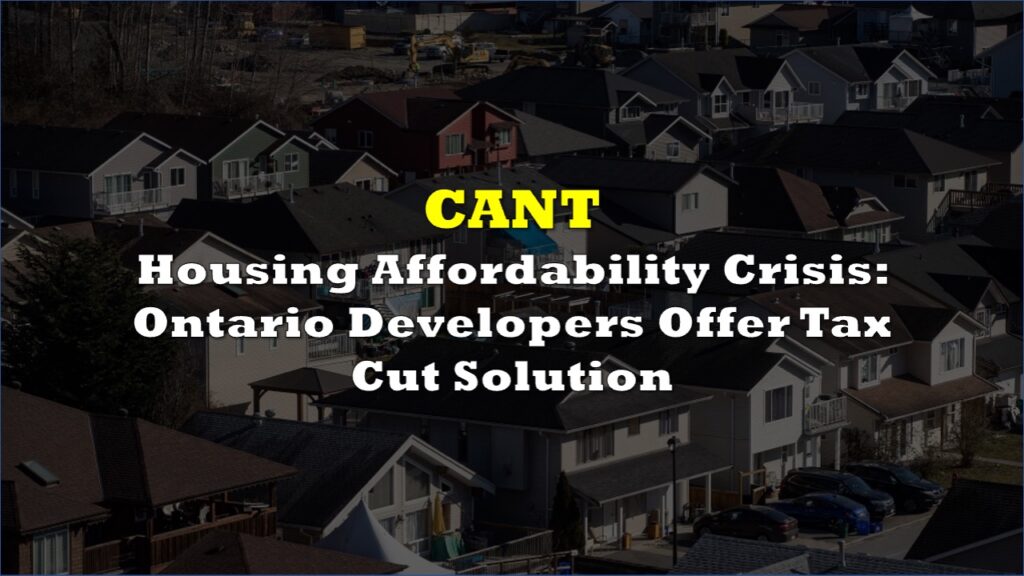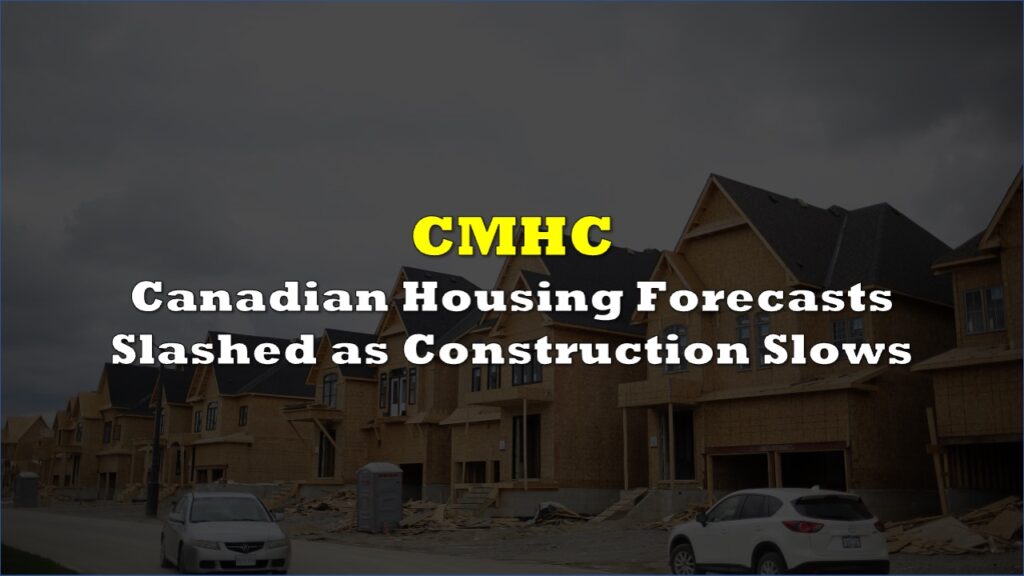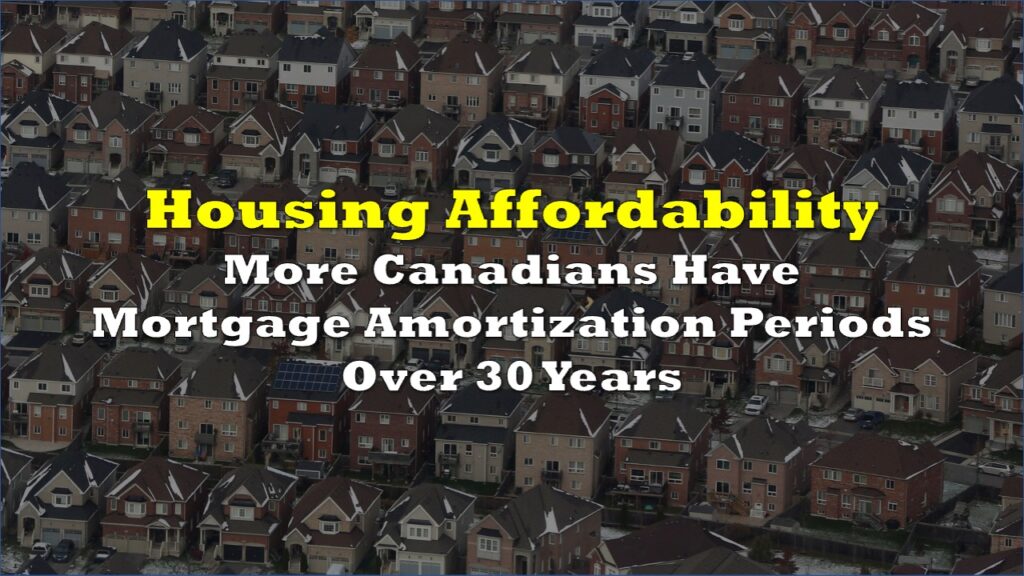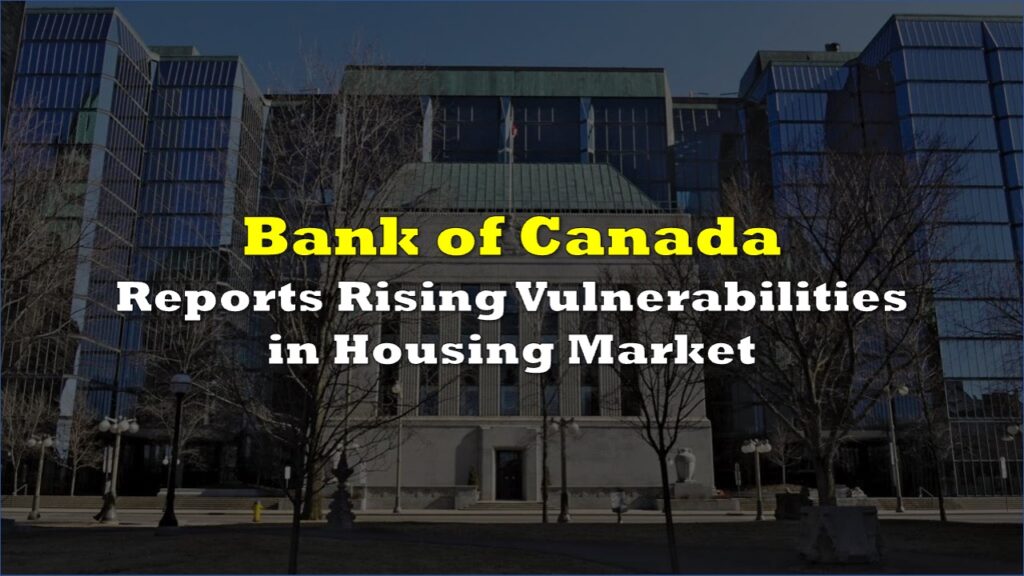According to a recent joint report by market research firm Urbanation and CIBC Capital Markets, rising interest rates are pushing the Greater Toronto Area’s new construction condo market to a tipping point. For the first time, more than half of investors who purchased pre-construction flats as rental properties reportedly lost money last year.
Three-quarters of condo owners have mortgages on their properties. Those buyers made an average monthly profit of $63 in 2020. Last year, that profit had transformed into a $223 loss on average.
According to the report, the situation has worsened this year, with an average loss of $400 in the first quarter. Around a third of investors were losing at least $400 a month, while 14% of investors were losing $1,000 or more per month.
The 2023 GTA Condo Investment Report, co-authored by Urbanation president Shaun Hildebrand and Benjamin Tal, deputy chief economist at CIBC World Markets, predicts that things will worsen. Units that sold at peak prices in late 2021 and early 2022 will be completed, and investors in those condos will close in an environment with higher interest rates than when they were purchased.
“The glory days of easy returns and cash flow are likely over,” said Hildebrand. “On the one hand less investor activity means less upward price pressures to a degree. But I think more importantly, it’s going to reduce supply, which is very problematic given the large deficit of rental housing that we’re staring at.”
According to census data in the report, 39% of condominiums in the GTA are owned by investors who use them as rentals, including 59% of units built in the last year – a figure that has climbed 20% in the last decade.
“This comes back to the issue of relying entirely on mom and pop investors to drive rental supply,” he said. “Ultimately you’re left with a big supply gap at a time when rental housing is needed more than ever.”
Condo investors are frequently vilified, yet without them, rental supply would be far worse, according to Hildebrand.
“The truth is we’re going to need to continue them in the future because we know traditional rental development remains inadequate.”
The condo investor
According to a 2018 analysis by Urbanation and CIBC, the majority of GTA condo investors are local immigrants aged 40 to 60. Only approximately 10% of purchasers were from other countries.
On Tuesday, Statistics Canada issued a study stating that the vast majority of real estate investors live in Ontario, that the majority are over 55, and that the average income is $110,000, with immigrants accounting for a portion of investors in excess of their population numbers.
The research is an analysis of investment economics rather than a market forecast, the authors note, and they identify various factors that could buffer a downturn in condo demand that would discourage new home development.
Interest rates could fall, investors could start putting down more than the typical 20% down payment on their acquisitions, and an influx of immigrants, combined with looming supply restrictions, could drive up the GTA’s already sky-high rents even more.
Hildebrand said investors are already moving toward smaller units and the suburbs, where prices are lower and cash flow prospects are greater.
In 2022, one-bedroom condos accounted for 55% of investor-owned units. Fifty-six percent were still making a profit. However, a little higher proportion of investors bought one-bedroom-plus-den units, the majority of which were losing money month after month. Although studio condominiums accounted for only 4% of investor units, 57% of them were cash flow positive.
“Relying on condo investors to drive 90 per cent of your rental supply, as we’re finding out, is not a good strategy for developing rental housing in the GTA,” he said.
Investors aren't "losing" money.
— Rohana Rezel 🐘 @rohanarezel@vindi.ca (@rohanarezel) May 29, 2023
Parasitic investors now expect renters to cover their entire mortgage: principal + interests.
Rents are in most cases way more than interest. Most of these parasitic investors are making profits.#vanre #ToREhttps://t.co/yjq8x80AbS
According to a report released in February by the Building Industry and Land Development Association, which represents homebuilders, and the Federation of Rental-housing Providers of Ontario, the Toronto region requires approximately 300,000 rental units over the next ten years but is only scheduled to build 125,000, leaving a 175,000 rental shortfall. Hildebrand was a co-author on the report.
“If investors aren’t buying today, obviously construction starts are going to begin to fall soon and those deliveries will begin to fade dramatically in a few years time. What’s happening today with the investment dynamics for new construction units is going to ultimately affect housing supply in the years to come,” Hildebrand added.
Earlier this year, in a similar fashion, buyers of pre-construction houses from Mattamy Homes protested at the homebuilder’s sales office, saying the firm should act on the falling value of home prices causing them to lose their investment on houses they bought at market’s peak.
“Mattamy is undercutting us. They are making it impossible for us to close the deal,” said Brampton lawyer Ajit Saroha. Last February, he and his wife purchased two homes in Mattamy’s Preserve West development for their family. They paid around $800,000 in deposits on the two residences, which cost $2.46 million apiece.
Dozens of people who thought they were purchasing their dream houses in two Oakville housing developments early last year, when the real estate market was still hot, say they never expected property prices to plummet so low or loan rates to soar so quickly.
Now, Mattamy Homes is selling the same type of pre-construction houses in the same locations for hundreds of thousands of dollars less – a move that the buyers claim is compromising their already precarious financial situation.
Saroha is considering walking away from the money, but he is afraid that the corporation will sue him if he does not fulfill his end of the bargain.
Information for this briefing was found via Toronto Star and the sources mentioned. The author has no securities or affiliations related to this organization. Not a recommendation to buy or sell. Always do additional research and consult a professional before purchasing a security. The author holds no licenses.

